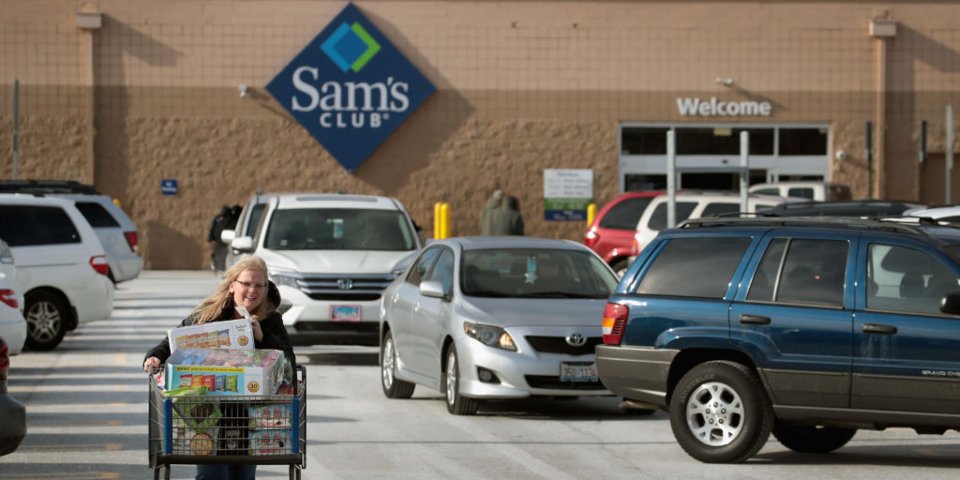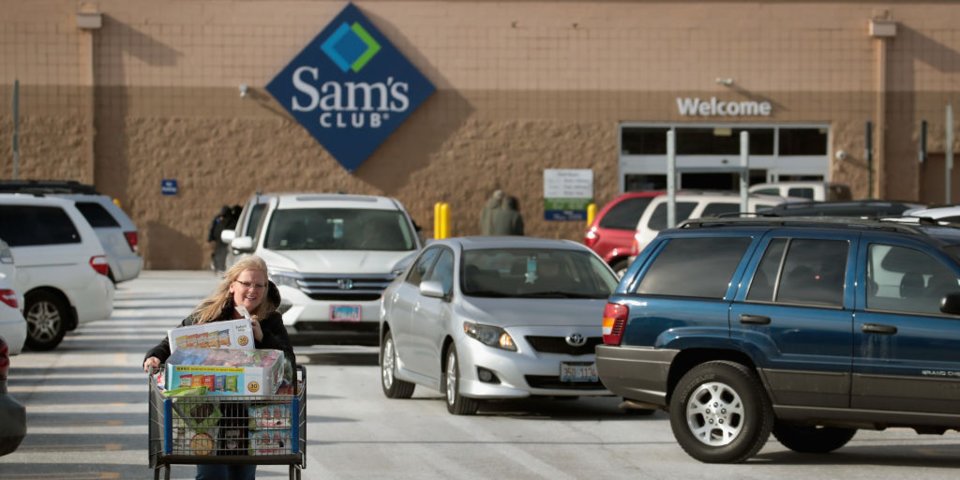
2018 was an unpredictable year for retail.
From Amazon’s drawn-out, frequently cringeworthy courtship with a revolving cast of North American municipalities to IHOP’s much-lambasted, ostensibly tongue-in-cheek attempt at a carnivorous rebrand, there hasn’t exactly been a shortage of noteworthy, bemusing, and surprising moments in the world of retail.
But when it comes to the year’s most shocking moment in the retail industry, one abrupt move by an industry giant stands out.
That’d be Sam’s Club sudden closure of 63 warehouses in January of 2018, a move that affected 9,400 employees.
The announcement’s shock value can be partly attributed to the manner in which the closures were announced. Many Sam’s Club store employees showed up to work on January 11 without a clue that their store had already shut down.
Read more: Walmart’s closure of 63 Sam’s Club stores shows what the company is willing to do to take on Amazon
Some of those employees were given the opportunity to re-apply for new Sam’s Club roles elsewhere. And, of course, the Sam’s Club members who frequented the affected stores were given refunds.
But the news still proved controversial, especially in one storm-ravaged corner of the US. Three Sam’s Clubs shut down in Puerto Rico, leaving hundreds of people without jobs as the island struggled to recover from Hurricane Maria.
So what happened with Sam’s Club in 2018? After all, the mass closure came as such a surprise because the members-only retail chain had seemingly been doing pretty well. In the fall of 2017, Sam’s Club saw a year-over-year growth in traffic, net sales, and operational income.
Sam’s Club CEO John Furner sent out an email to employees explaining that oversaturation proved to be an issue for the stores, and that, “After a thorough review, it became clear we had built clubs in some locations that impacted other clubs, and where population had not grown as anticipated.”
The move also signaled a doubling down on e-commerce. Out of the 63 closed stores, 10 were reportedly slated to be transformed into e-commerce hubs. The closed stores and laid-off workers may have been casualties in the war between Amazon and Walmart, Sam’s Club parent company.

